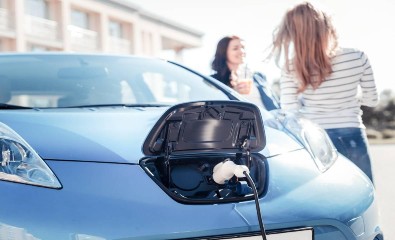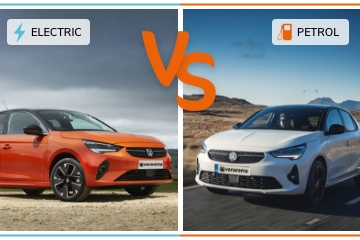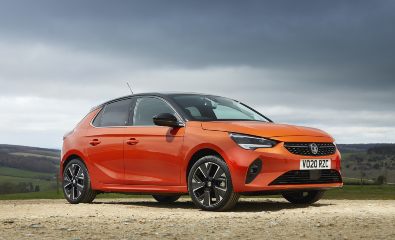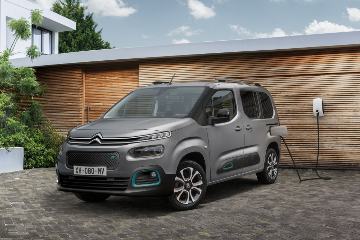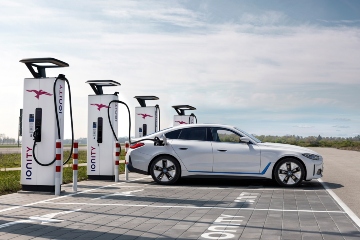As we shift towards energy efficient, there's no better time to lease electric. All cheaper to run and better for the environment, we have a range of the latest and most stylish electric models.
Electric Car
Leasing Deals
Hot Offers
Why Lease With Vanarama?
Why Lease An Electric Car?
There are so many reasons that leasing – rather than buying – an electric car really does add up.
Right now, EV technology continues to be regularly updated, but the normal lifespan of a vehicle in the UK is actually just over 13 years. That means outright ownership brings with it the risk of being stuck with tech that’s no longer fit for purpose.
Leasing takes away a lot of those ‘longevity’ problems: you can opt for a lease as short as 24 months, which means you can regularly ‘upgrade’ to a new vehicle with the very latest specification – perhaps trading up to a car that has even more range or better charging speeds.
And because leasing contracts come in the form of a fixed monthly rental cost, you will find that cars that are out of your price range in terms of outright purchase, now fall within your reach.
At Vanarama (now a proud part of Auto Trader Group) we’ve got a range of electric vehicles alongside expert advice to help you choose the best model for you.
Find out about Electric and Hybrid Cars including how much it costs to charge an EV and more about electric car ranges.
A Wide Range Of Choice At Vanarama
There’s nothing quite as green as a full-EV. And the good news is that ‘BEVs’ – or ‘Battery-powered Electric Vehicles’ - are now getting more and more affordable. The most popular family EV, continues to be Nissan’s LEAF with but now there's competition by cars like the Renault Zoe, Volkswagen’s ID.3, Kia’s Niro EV, BMW’s i3, the futuristic Honda E and all-electric versions of the Peugeot 208, Mini and the Vauxhall Corsa.
If you're looking for more luxury and longer ranges, popular models include cars like the Audi e-tron, Mercedes EQC, Jaguar I-PACE, BMW iX3 and the Porsche Taycan.
Don't forget Tesla, already the market-leader in electric and arguably making the coolest cars around, now available in 4 distinct models. And competitors desperate to steal Tesla's crown, such as as the Polestar 2 and Ioniq 5 are only getting better with time.
Is It Easy To Lease Electric?
Yes, it really is as simple as choosing the car you want, filling out a lease application, passing a credit check and leaving the rest to us.
To find your ideal electric car, you’ll just need to answer a few simple questions:
- What’s your budget?
- How long do you want to keep the car for?
- What do you expect your annual mileage to be?
- Are you leasing personally or through a business?
Once you know the answer to those, you can find you new lease of life and choose a car from our wide-range of the latest electric models.














